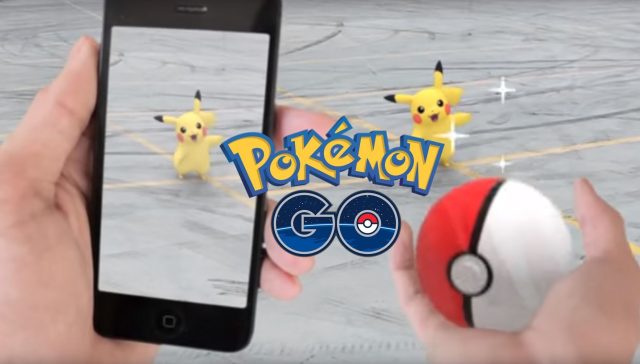Late-game changes seem designed to pressure players to pay.

OK Pikachu, get in the ball. Just get in the ball. GET IN THE DAMN BALL YOU FREAKING ELECTRIC RAT!
At the early levels, it's relatively easy to advance in Pokémon Go without spending any money. Provided you're not in a Pokémon-light rural area (or, er, a black neighborhood), it's pretty simple to just keep farming
Pidgeys and nearby Pokéstops and gyms for the resources you need to watch your in-game numbers go up.
Now that the game has been out for more than a week in many regions, though, some of the first players to hit the game's higher levels are running into a wall that's halting that easy advancement. In a detailed Reddit thread discussing his "late game" progress in Pokémon Go, user Riggnaros discusses a few ways the game grinds progress to a halt once players hit level 25 or so.
For instance, Riggnaros says, once you reach a level in the "mid 20s," low-powered Pokémon you encounter in the game start to "have an abnormally high chance to evade capture." That means players will need to start wasting a lot more Pokéballs to capture the most abundant monsters, which are key to gaining the experience points needed for that next level. Getting enough Pokéballs to keep up with all those escaping Pokémon means spending real money or spending inordinate amounts of time farming free Pokéballs from those slowly refilling Pokéstops.
"From level 29-30 I went through over 1000 pokeballs. Literally," Riggnaros complains. "I cannot stress how ridiculous this would be for someone playing [without] spending coins on pokeballs (ie playing the game [free to play] - which is the majority)."
What's more, the total amount of experience needed to reach the next level appears to go up exponentially as the game continues. While advancing to level 15 only requires a few thousand experience points per level, by the time you hit level 30, it takes a full 500,000 experience points to increase your in-game status.
The exponentially increasing steepness of the leveling climb is particularly daunting, Riggnaros argues, because the game doesn't increase the amount of experience offered by the Pokémon you capture at later levels. "It makes no sense that a 10cp Pidgey should be giving the same XP as an 1600cp Scyther," he writes. "Stronger, evolved, and more rare Pokémon should reward you with more XP, plain and simple."
Twitter user Klik_Vox has assembled the data on the matter into a graph showing how it starts getting incredibly hard to advance once you reach some of the game's higher levels. By those projections, a player maxing out at an extremely healthy average of 100,000 experience points a day would need more than a week to get from level 31 to 32, about a month to get from level 35 to 36, and a full year to get from level 38 to 39 (we won't know if these projections match reality until people actually start reaching these higher levels).
There's nothing inherently wrong with this kind of slowdown in advancement as a game progresses. Plenty of other games have similar systems in place to make it harder to level up as you get higher on the experience ladder. Free-to-play games in particular tend to turn up the difficulty to the point that long-time players eventually feel pressured to lay out some dough in exchange for advancement.
Still, this kind of near-insurmountable experience wall could prove frustrating to the throngs of Pokémon Go players used to seeing their numbers increase relatively quickly and easily (and without the need to spend lots of money on Pokéballs). As players start coming close to "catching them all" and maxing out the power on their Pokémon, the prospect of slower advancement could be a frustrating barrier that makes some early players drop the game. That could be a problem for a title that has relied on network effects and easy pick-up-and-play accessibility to become mind-bogglingly popular in a very short time.
The good news for Niantic and The Pokémon Company is that these are relatively easy issues to fix. If players start showing frustration, a future version of the game could rebalance the experience curve to ensure more steady and achievable advancement. Adding new Pokémon and new game features could also keep long-term players invested and searching the world for Pokémon.
Still, it seems like a change wouldn't be a bad idea. As Riggnaros sums it up, "there is a difference between designing a game that takes 'years to beat'... and designing a game that scales horribly and forces you into mind numbing grinding 'just because.'"
Comments
Post a Comment